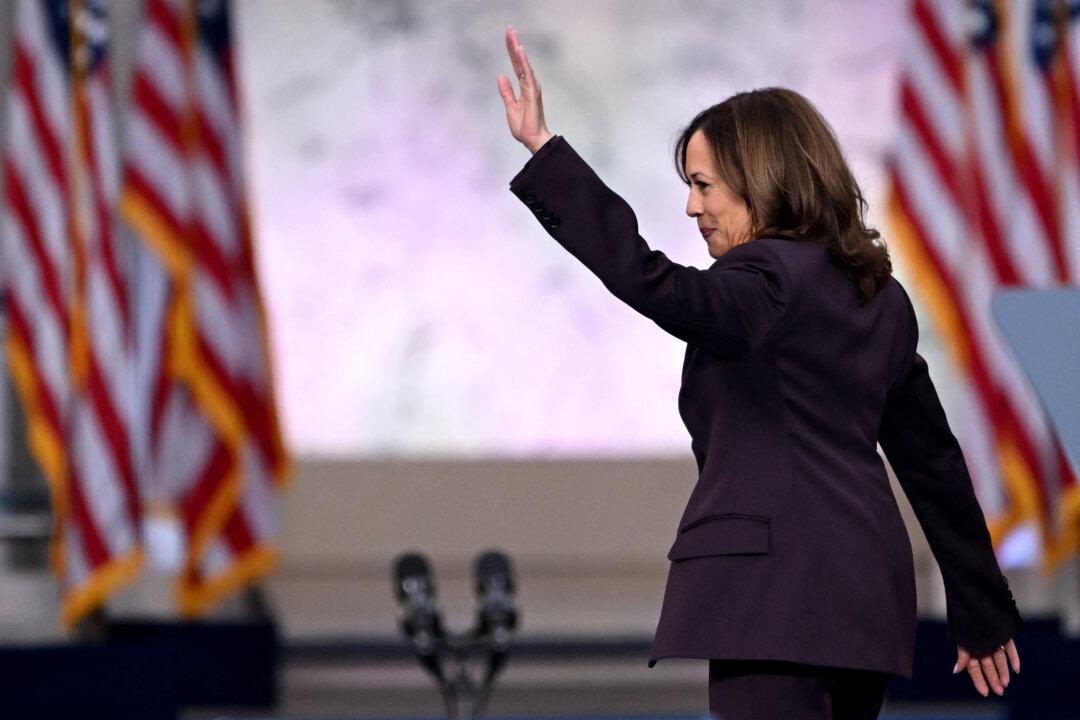WASHINGTON—Democrats reacting to the outcome of the 2024 presidential election voiced the dual emotions of anguish over the loss and concern about the future under a second Trump presidency.
Vice President Kamala Harris, who lost to former President Donald Trump, acknowledged the emotion of the moment in remarks to supporters on Nov. 6.






